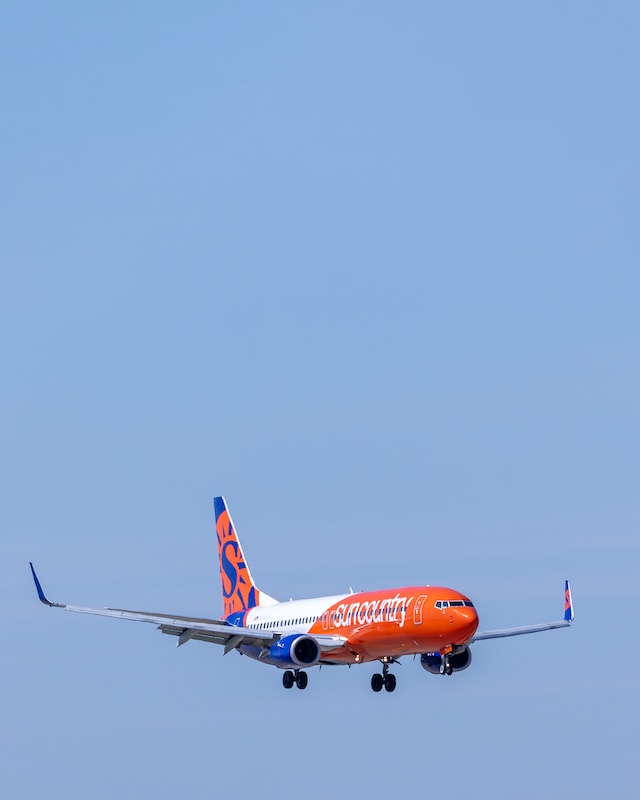The process of aircraft valuation is a critical aspect of the aviation industry, encompassing various factors that contribute to an accurate assessment of an aircraft’s worth. Whether for buying, selling, financing, or insuring an aircraft valuation, understanding its value is essential for informed decision-making. Unlike other vehicles, aircraft valuation involves intricate details, including the aircraft’s age, condition, maintenance history, and market demand, which all play a significant role in determining its fair market value.
Aircraft valuation begins with a thorough examination of the aircraft’s specifications. Key elements such as the make, model, and year of manufacture provide the foundational data for valuation. Different models and manufacturers have varying market reputations and demand, influencing their respective values. For instance, a well-known and reputable manufacturer may command higher prices due to their established reliability and performance standards. Additionally, newer aircraft typically have higher values, though this is balanced against the depreciation that occurs over time.
The aircraft’s condition is another pivotal factor in valuation. A meticulous inspection is conducted to assess the physical state of the aircraft, including its airframe, engines, avionics, and interior. Any signs of wear and tear, corrosion, or damage can significantly reduce the aircraft’s value. The presence of updated avionics and modern technologies can enhance the aircraft’s marketability and value. Maintenance history is equally crucial; an aircraft with a comprehensive and well-documented maintenance record is likely to have a higher value. Regular and timely maintenance indicates that the aircraft has been well-cared for and is in optimal operating condition, reducing potential future repair costs and ensuring airworthiness.

Market demand and economic conditions also heavily influence aircraft valuation. The aviation market is dynamic, with fluctuations in demand for different types of aircraft based on economic trends, fuel prices, and technological advancements. For instance, during periods of economic growth, there may be higher demand for business jets and commercial aircraft, driving up their values. Conversely, economic downturns can lead to decreased demand and lower valuations. Additionally, geopolitical events and changes in regulations can impact market conditions, further affecting aircraft values.
The aircraft’s usage history plays a significant role in its valuation. Aircraft utilized for commercial purposes, such as airliners, often experience higher usage rates and more intensive operational cycles compared to private or corporate jets. This increased usage results in higher wear and tear, potentially lowering the aircraft’s value. Conversely, an aircraft with lower flight hours and cycles is typically valued higher, as it indicates less operational strain and longer remaining service life.

An often overlooked yet critical factor in aircraft valuation is the presence of any modifications or upgrades. Modifications such as engine upgrades, avionics enhancements, and interior refurbishments can positively impact the aircraft’s value. These improvements can make the aircraft more appealing to potential buyers, offering them enhanced performance, safety, and comfort features. However, these modifications must be properly certified and documented to ensure they comply with regulatory standards and do not negatively affect the aircraft’s airworthiness.
Furthermore, the aircraft’s ownership history can influence its valuation. An aircraft with a single or minimal number of previous owners is often perceived as more desirable, as it suggests a more straightforward and traceable history. Multiple ownership changes can raise concerns about the aircraft’s condition and maintenance consistency, potentially lowering its value. Transparency in ownership records and adherence to proper transfer procedures are crucial in maintaining the aircraft’s market value.
















